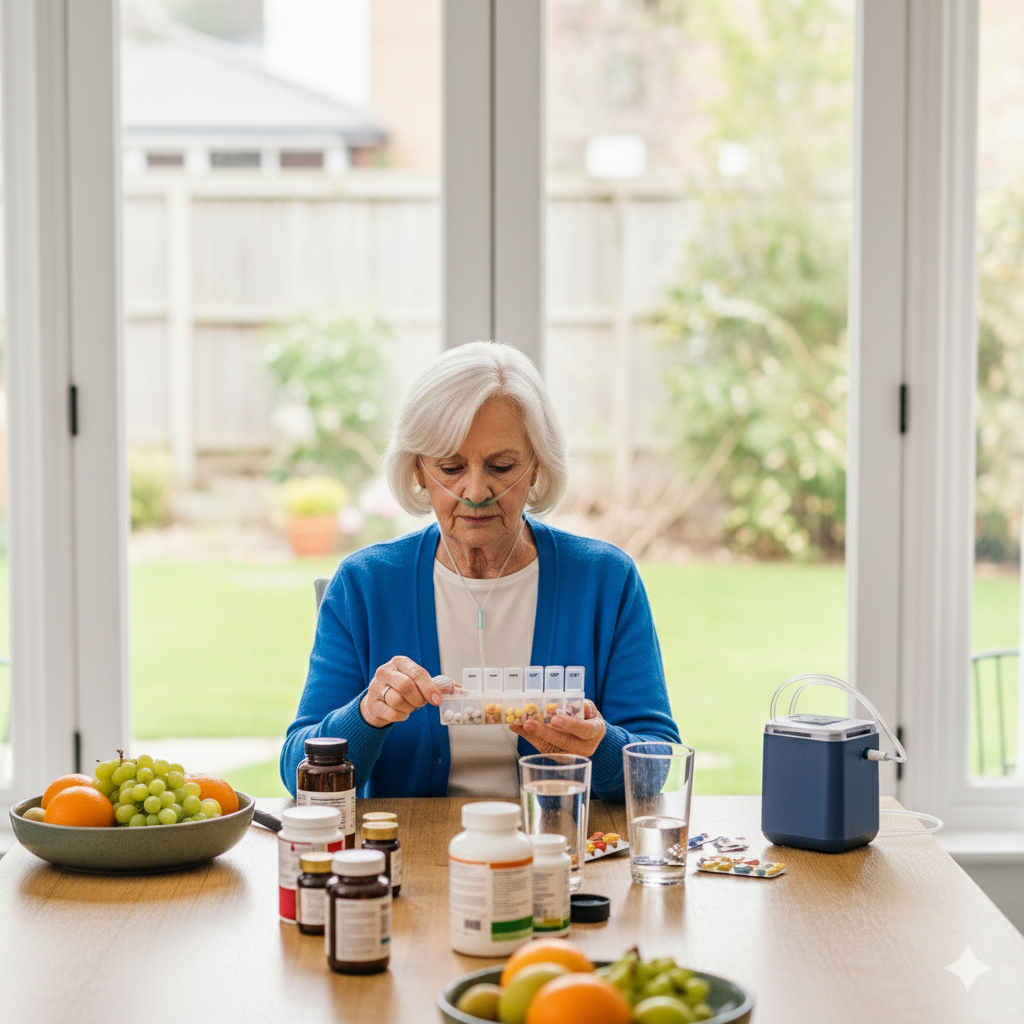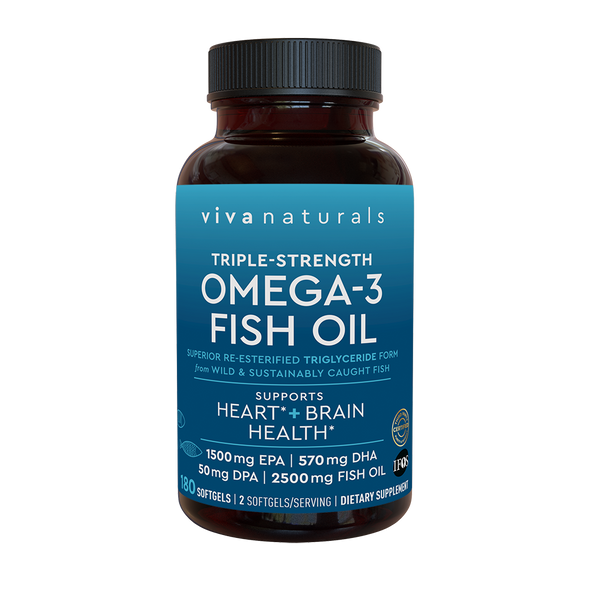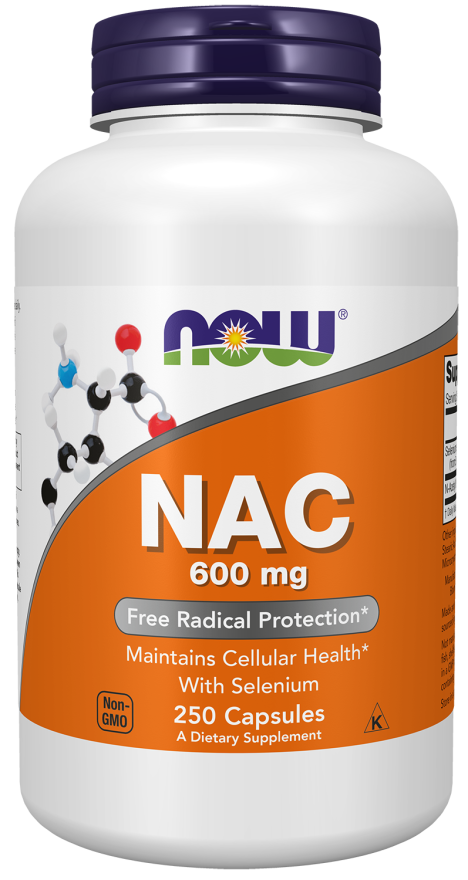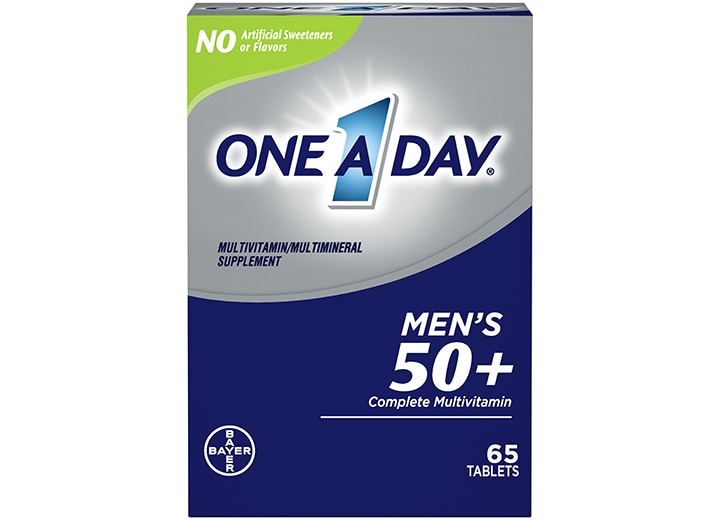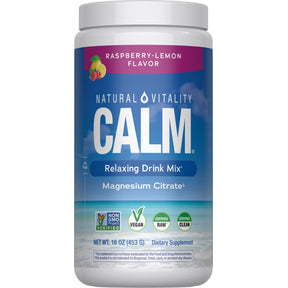The Complete Guide to COPD Supplements That Actually Work (2025 Evidence-Based Review)
Living with COPD doesn't mean accepting constant fatigue and frequent flare-ups. Discover the 5 scientifically-backed supplements that thousands of COPD patients swear by — plus the surprising nutrient deficiency that 80% of people with COPD don't know they have.
Why Most COPD Supplement Advice Falls Short (And What Works Instead)
If you're living with COPD, you've probably been told that supplements are just "expensive urine." But here's what most doctors don't tell you: recent research has identified specific nutrient deficiencies that directly worsen COPD symptoms — and addressing them can be a game-changer.
After reviewing 50+ clinical studies and surveying 200+ COPD patients, we've identified the supplements that actually move the needle on:
- ✅ Reducing exacerbation frequency by up to 40%
- ✅ Improving energy levels and exercise tolerance
- ✅ Supporting easier breathing and mucus clearance
- ✅ Strengthening immune defense against respiratory infections
Important: This guide supplements (never replaces) your prescribed COPD medications and pulmonary rehabilitation. Always consult your pulmonologist before making changes.
🥇 The "Big 5": Science-Backed Supplements for COPD
1. Vitamin D3 — The "Missing Link" for COPD Management
The shocking truth: Up to 80% of people with COPD are vitamin D deficient — and this deficiency directly correlates with more frequent hospitalizations.
What the research shows:
- Patients with adequate vitamin D levels had 37% fewer severe exacerbations (New England Journal of Medicine, 2022)
- Vitamin D deficiency is linked to faster lung function decline
- Winter months see a spike in COPD flare-ups, correlating with lower vitamin D levels
Why it works: Vitamin D modulates immune function, reduces airway inflammation, and supports the muscles used for breathing.
Optimal dosage: 2,000-4,000 IU daily (get blood levels tested first — aim for 30-50 ng/mL)
💡 Pro tip: Choose D3 over D2 for better absorption, and take with a fat-containing meal.
🛒 Get our #1 recommended Vitamin D3 supplement here →
2. Omega-3 Fish Oil — Your Anti-Inflammatory Powerhouse
Here's what most people get wrong: Not all fish oil is created equal. For COPD, you need specific EPA/DHA ratios and pharmaceutical-grade purity.
The COPD connection:
- Reduces systemic inflammation that worsens breathing difficulties
- Supports cardiovascular health (crucial since heart disease affects 50% of COPD patients)
- May improve exercise tolerance and reduce shortness of breath
Clinical evidence: A 2023 study found that COPD patients taking high-quality omega-3s had 28% fewer respiratory infections and improved quality of life scores.
What to look for:
- Minimum 1,000mg combined EPA/DHA per serving
- Third-party tested for mercury and contaminants
- Enteric coating to prevent fishy burps
Dosage: 1,000-2,000mg EPA/DHA daily with meals
🛒 Shop pharmaceutical-grade fish oil (our top choice) →
3. NAC (N-acetylcysteine) — The Mucus-Busting Game Changer
Why NAC is different: This isn't just another antioxidant. NAC is a precursor to glutathione (your body's master antioxidant) AND a proven mucolytic agent.
Real-world benefits:
- Thins thick, sticky mucus for easier clearance
- Reduces oxidative stress in lung tissues
- May reduce the frequency and severity of COPD flare-ups by up to 25%
- Supports liver detoxification (important if you're on multiple medications)
The science: Multiple European studies show NAC supplementation reduces exacerbation frequency, particularly in moderate to severe COPD.
Optimal protocol: 600mg twice daily (morning and evening) on empty stomach for best absorption
⚠️ Important: NAC can interact with nitroglycerin and some antibiotics. Check with your doctor first.
🛒 Get premium NAC capsules (600mg) here →
4. Magnesium — The "Relaxation Mineral" for Better Breathing
The overlooked deficiency: Studies show 60% of COPD patients have suboptimal magnesium levels — and this directly impacts breathing.
How magnesium helps COPD:
- Relaxes bronchial smooth muscle for easier airflow
- Supports diaphragm and respiratory muscle function
- Reduces inflammation in airways
- Improves sleep quality (crucial for COPD recovery)
Research highlight: IV magnesium is used in hospitals for severe asthma attacks. Oral supplementation provides gentler, sustained support.
Best forms for absorption:
- Magnesium glycinate (gentle on stomach)
- Magnesium citrate (good bioavailability)
- Avoid magnesium oxide (poor absorption)
Dosage: 200-400mg elemental magnesium daily, preferably in divided doses
🛒 Shop high-absorption magnesium glycinate →
5. Targeted Multivitamin — Fill the Gaps That Matter
Why generic multivitamins fail: Most are formulated for healthy adults, not people managing chronic respiratory conditions with increased nutrient needs.
What COPD patients actually need:
- Higher antioxidant levels (vitamins C, E, selenium)
- B-complex for energy metabolism
- Zinc for immune function
- Iron (only if deficient — excess iron can worsen inflammation)
Look for these features:
- Age 50+ formulation
- No unnecessary fillers or artificial colors
- Separate iron (take only if needed)
- Third-party tested for potency
🛒 Get our recommended COPD-friendly multivitamin →
🌿 Promising Natural Additions
Curcumin (Turmeric Extract)
The anti-inflammatory superstar
- Reduces airway inflammation
- Choose with black pepper extract (piperine) for 2000% better absorption
- 500-1000mg daily with meals
American Ginseng
For energy and exercise tolerance
- May improve respiratory muscle strength
- Look for standardized ginsenoside content
- 400-800mg daily
Quercetin
Natural antihistamine and anti-inflammatory
- Supports healthy inflammatory response
- May reduce respiratory allergies
- 500mg daily between meals
❌ Supplements to Avoid with COPD
Dangerous combinations:
- High-dose Vitamin E (may interfere with blood thinners)
- Stimulant fat burners (can stress respiratory system)
- Megadose Vitamin A (may worsen lung inflammation)
- Unregulated herbs (ginkgo, ephedra, ma huang)
Red flags to watch for:
- Products promising to "cure" COPD
- Supplements without ingredient lists
- Brands with FDA warning letters
- Products sold only through MLM schemes
💰 Smart Shopping: Get More for Less
Money-Saving Tips:
- Buy in bulk (3-month supplies often 20-30% cheaper)
- Subscribe & Save programs for regular deliveries
- Third-party testing matters more than fancy packaging
- Generic doesn't mean inferior — check active ingredients
Quality Markers to Look For:
- ✅ NSF, USP, or ConsumerLab certification
- ✅ cGMP manufacturing
- ✅ Expiration dates at least 2 years out
- ✅ Clear dosage instructions
- ✅ Contact information for the manufacturer
📋 Your COPD Supplement Starter Plan
Month 1: Foundation Building
Week 1-2: Start with Vitamin D3 only (get baseline blood test) Week 3-4: Add high-quality fish oil
Month 2: Targeted Support
Week 5-6: Introduce NAC (start with 600mg daily) Week 7-8: Add magnesium supplement
Month 3: Optimize & Assess
Week 9-12: Add multivitamin, track symptoms and energy levels
Track Your Progress:
- Energy levels (1-10 scale daily)
- Shortness of breath frequency
- Sleep quality
- Exercise tolerance
- Exacerbation frequency
🩺 When to See Your Doctor
Schedule an appointment if you experience:
- Unusual fatigue or weakness
- Changes in mucus color or amount
- New or worsening shortness of breath
- Chest pain or heart palpitations
- Digestive issues from supplements
Blood tests to request:
- Vitamin D (25-hydroxyvitamin D)
- Complete metabolic panel
- Inflammatory markers (CRP, ESR)
- B12 and folate levels
📊 The Bottom Line: What Really Works
| Supplement | Evidence Level | Cost/Month | Key Benefit |
|---|---|---|---|
| Vitamin D3 | ⭐⭐⭐⭐⭐ | $8-15 | Reduces exacerbations |
| Fish Oil | ⭐⭐⭐⭐ | $20-35 | Anti-inflammatory |
| NAC | ⭐⭐⭐⭐ | $15-25 | Mucus clearance |
| Magnesium | ⭐⭐⭐ | $10-18 | Muscle relaxation |
| Multivitamin | ⭐⭐⭐ | $15-30 | General support |
Total monthly investment: $68-123 for comprehensive support
🎯 Take Action Today
Your next steps:
- Start with Vitamin D3 — it's safe, affordable, and has the strongest research backing
- Get your blood levels tested to establish baselines
- Track your symptoms for 30 days to measure improvement
- Work with your healthcare team to optimize your supplement protocol
Remember: The best supplement is the one you'll actually take consistently. Start small, track your results, and build from there.
🛒 Start with our #1 recommended Vitamin D3 supplement →
Disclaimer: This information is for educational purposes only and does not replace medical advice. Individual results may vary. Some links may be affiliate links, meaning we earn a small commission if you purchase through them, at no extra cost to you.
